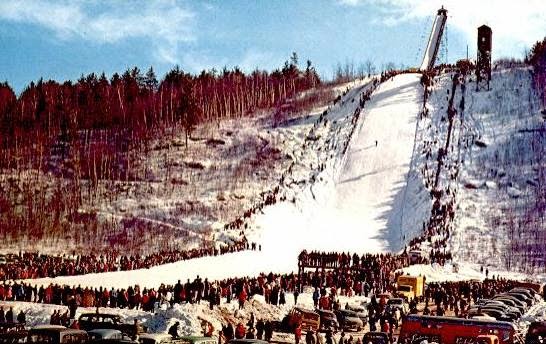[Well, it happened again. For some reason Blogger decides to disappear what I'm working on and I have to start over.]
CHRIST IN WINTER: Reflections on Faith from
a place of winter For the Years of Winter…
Sunday’s worship focus was the 23rd Psalm. It reminded me of an old preacher story about a little boy in the Sunday School class of a rather stern maiden-lady, Miss Murphy. One night his parents heard him praying Psalm 23: Surely good Miss Murphy will follow me all the days of my life.
My Sunday School teacher has followed me all the days of my life. East Park Church in Indianapolis doesn’t exist anymore, but Mrs. Darringer does.
Mrs. Darringer was a formidable woman. Like Miss Murphy, I don’t think she had a first name. Even her husband referred to her as Mrs. Darringer.
As our pastor, Paul Mallory, preached very helpfully on Psalm 23 last Sunday, comparing it to a run-away truck ramp, an opportunity to slow down beside still waters, as I approach closer to that valley of the shadow myself, I was renewed by the knowledge that I’m in Psalm 23, because I’m in the Bible story. Because of Mrs. Darringer.
The Bible is not God’s book of theology or philosophy. It’s not God’s book of helpful hints for healthy living. It is not God’s science book. Theology and philosophy and helpful hints are all a part of it, but not in and for themselves. They are there only as a part of God’s story. The Bible is God’s STORY book. The great good news is that we, you and I, we are a part of God’s story.
Salvation is neither through beliefs nor works. We are saved when we stop trying to write our own story and become a part of God’s story.
When I was nine years old, Mrs. Darringer gave me my first Bible. In it she wrote “For Johnny McFarland.” Underneath she wrote, “From Mrs. Darringer.”
The one person I knew who had the authority to put my name in the story had done so, and just to be sure everyone understood, she added hers as well. My name is still in there. I’m sure Mrs. Darringer is no longer in that formidable body, but her name is still in that book, along with mine.
With you in the story,
Johnny & Mrs. Darringer
The “place of winter” mentioned in the title line is Iron Mountain, in Michigan’s Upper Peninsula, where life is defined by winter even in the summer!
You are always welcome to Forward or Repost or Reprint. It’s okay to acknowledge the source, unless it embarrasses you too much. It is okay to refer the link to folks you know or to print it in a church newsletter or bulletin, or make it into a movie or TV series or Broadway musical.
{I also write the fictional “Periwinkle Chronicles” blog. One needs a rather strange sense of humor to enjoy it, but occasionally it is slightly funny. It is at http://periwinklechronicles.blogspot.com/}
I tweet, occasionally, as yooper1721.
I have nothing to do with those double under-linings Blogger puts into the body of these posts, randomly, it seems, to lead you to advertisements, and I wish they would stop that.
